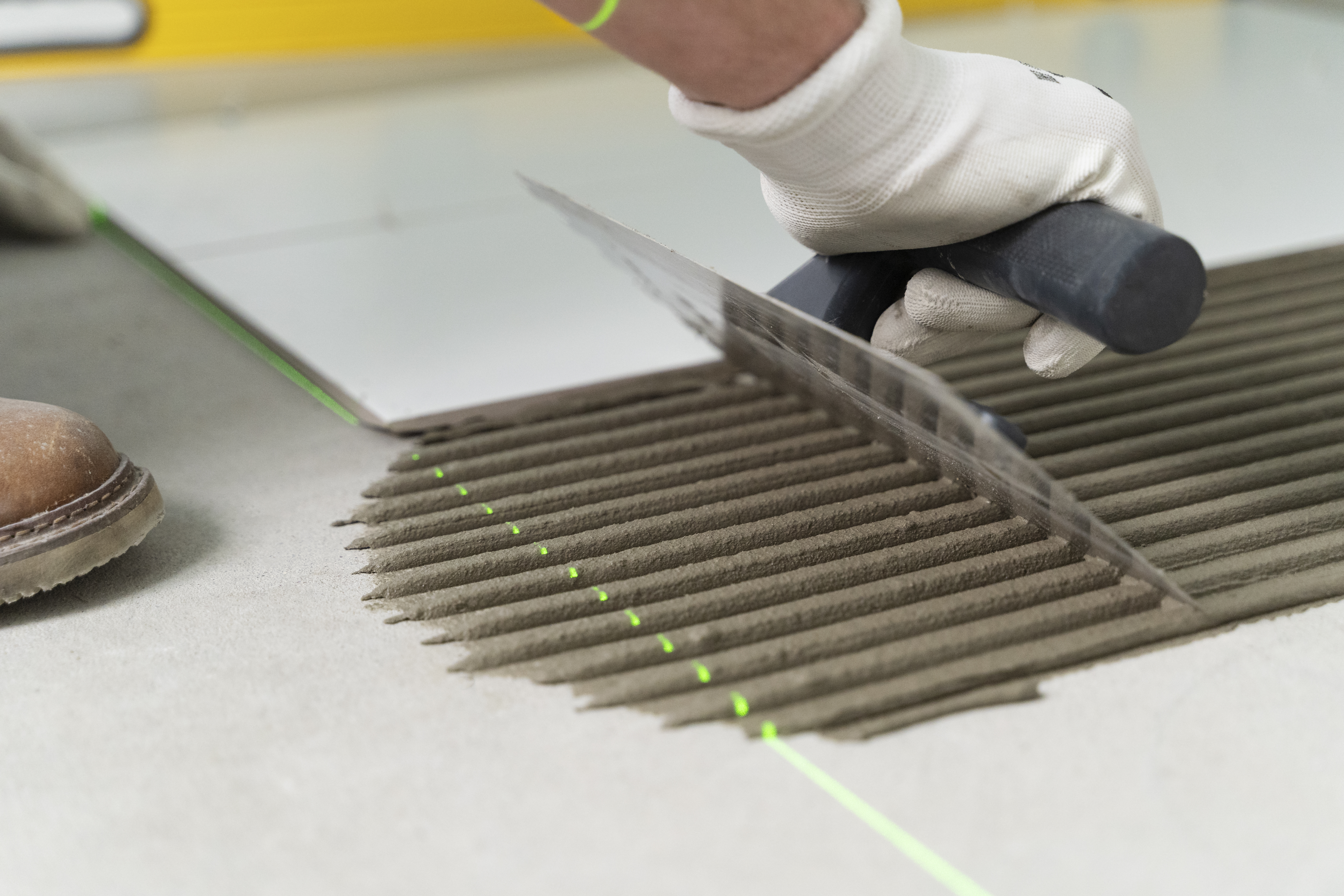Choosing the Right Epoxy vs. Polyester Adhesive for Marble & Stone: A Comparative Guide

Strong 8k brings an ultra-HD IPTV experience to your living room and your pocket.
Walk into any fabrication workshop or construction site, and you’ll hear debates about adhesives—particularly when working with marble and stone. While both epoxy and polyester adhesives are widely used, each serves a distinct purpose. Choose wrong, and you might end up with hairline cracks or yellowed seams months down the line.
This guide breaks down the practical differences between epoxy resin and polyester resin, helping professionals, contractors, and suppliers make informed decisions based on performance, budget, and long-term reliability.
1. Understanding the Basics: What Are You Working With?
Before we get technical, let’s understand the nature of the substrates. Marble and natural stone surfaces are porous, heavy, and—believe it or not—slightly reactive to certain chemicals. That makes the choice of adhesive even more critical.
Polyester Adhesive:
A go-to in many marble processing units, polyester resin is fast, economical, and easy to sand. It’s been around for decades and is often the adhesive of choice when cost takes priority over longevity.
Epoxy Adhesive:
Think of epoxy as polyester’s tougher cousin. It bonds stronger, lasts longer, and resists moisture, heat, and harsh chemicals far better. Though it takes longer to cure, it more than makes up for it in resilience.
2. Strength & Durability: Epoxy Wins by a Mile
If you’re dealing with heavy-duty marble slabs, or installing stone countertops in kitchens and bathrooms, epoxy resin adhesives are your best bet. They're not just strong—they’re engineered to endure.
Bond Strength: Epoxy offers a significantly higher tensile and shear strength, meaning it holds heavier slabs more reliably.
Durability: Epoxy can withstand mechanical stress, temperature variations, and chemical exposure—especially when formulated with industrial epoxy coatings or reactive diluents to tweak viscosity and curing behavior.
Polyester resins, while acceptable for quick fixes, tend to become brittle over time. They may crack or discolor—especially under UV or thermal stress.
3. Application Speed & Workability: Polyester Takes the Lead
For fabricators working on fast-moving production lines, time is money. This is where polyester shines.
Faster Curing: Polyester resins cure quickly—often within 15–30 minutes—making them ideal for high-throughput environments.
Ease of Use: They’re more forgiving with surface prep and easier to sand and polish.
In contrast, epoxy resin requires careful surface cleaning, precise mixing of epoxy hardener ratios, and longer curing times. But if you’re not in a race against time, the wait is well worth it.
4. Yellowing, Staining & Aesthetics: Epoxy’s Clear Advantage
Over time, polyester adhesives can yellow—especially if exposed to sunlight. On light-colored marbles, this is a dealbreaker. Epoxy, on the other hand, remains clear and stable for years. This makes it a favorite in premium stone applications, such as white Italian marble or onyx installations.
Tip: For ultra-clear results, go for a low-viscosity epoxy infusion resin paired with a UV-stable hardener.
5. Cost Factor: Polyester is Cheaper, But at What Cost?
Yes, polyester adhesives are more budget-friendly. And for many fabricators dealing with volume work—like tiles or utility slabs—that’s perfectly fine.
However, if you're repairing a broken stone sculpture or installing a luxury kitchen countertop, the upfront cost of industrial epoxy resin is a smart investment. It’s like comparing plywood to solid wood: both work, but they serve different purposes.
6. Flooring & Structural Applications: Epoxy All the Way
When it comes to industrial epoxy flooring or industrial resin flooring systems, polyester isn’t even in the picture. Epoxies offer:
- High mechanical strength
- Chemical resistance
- Longevity under foot traffic and load-bearing machinery
They’re widely used in showrooms, factories, food-processing units, and hospitals. In fact, the epoxy hardener market is growing rapidly due to increasing demand in these sectors.
At SRM Industries Inc (a division of SRM Chemicals), we’ve seen a surge in clients requesting surplus epoxy-hardener combos for refurbishing industrial epoxy coatings on aged surfaces.
7. Environmental & Safety Considerations
Both epoxy and polyester resins emit VOCs (volatile organic compounds), but polyester is noticeably more pungent. Epoxy systems—especially newer water-based or solvent-free types—tend to be safer for enclosed environments.
If your project involves confined workspaces, consider asking your supplier for low-VOC industrial epoxy resin options.
So... Which One Should You Choose?
If speed and cost are your top priorities—say, in high-volume tile manufacturing—polyester resin is a practical choice. It cures quickly, works well with basic surface prep, and is easy on the budget.
But if you’re working with expensive or delicate marble, need a strong structural bond, or want a flawless finish that won’t yellow over time, epoxy adhesives are the way to go. They're more durable, versatile, and capable of withstanding real-world stress, both mechanical and environmental.
For industrial flooring, coatings, or any application where performance matters more than speed, epoxy outperforms polyester in nearly every aspect.
Final Thoughts
Choosing between epoxy and polyester adhesives is like choosing between a reliable sedan and a performance SUV. Both can take you from point A to B, but only one can handle rugged terrain and harsh weather without compromise.
At SRM Marketing LLP, we understand the nuance behind every adhesive decision. Whether you're sourcing industrial epoxy coatings, looking for reactive diluents, or need support with surplus epoxy-hardener selection, our team is here to help you get it right the first time.
Let’s Make Things Stick—Properly
Need help deciding which resin suits your project? Get in touch with our team or explore our full range of epoxy resin, polyester adhesives, and SRM Chemicals—trusted by industries across India.
Note: IndiBlogHub features both user-submitted and editorial content. We do not verify third-party contributions. Read our Disclaimer and Privacy Policyfor details.







